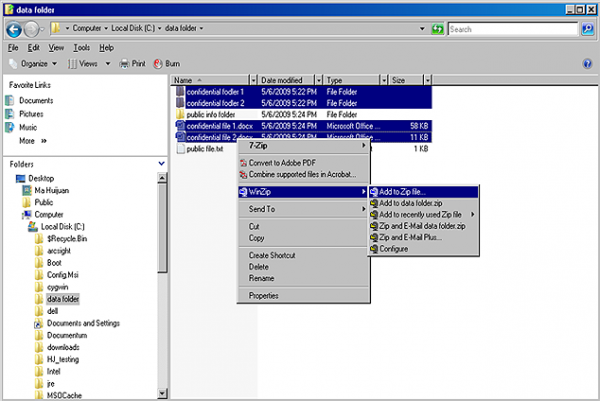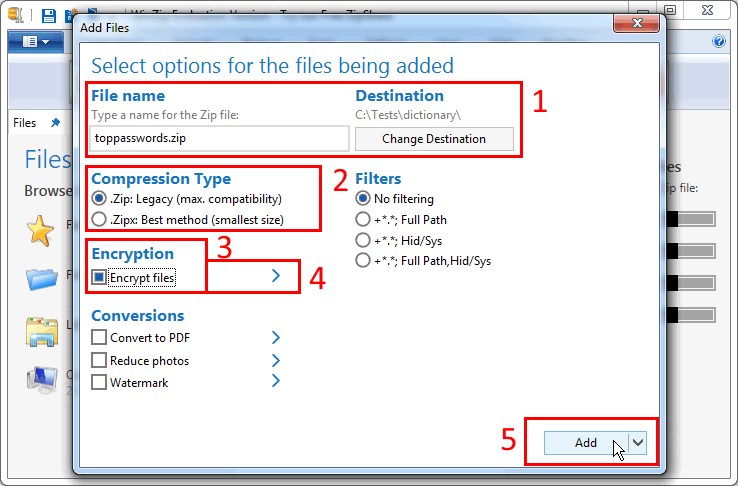

Office Open XML ( OOXML, standardized as ECMA 376 and ISO/IEC 29500).ZIP_PK has been adopted as the package or container for several digital formats that represent a single document or other logical unit but comprise multiple files. See Notes below for a brief discussion of variants. For clarity, the compilers of this resource have chosen to use the name "ZIP_PK" for the format described in this document. Over the years a few variants of the ZIP format have been introduced by other companies, variants that were not necessarily fully compatible with any particular ZIP_PK version, with the differences often being related to timing of introduction of new features, such as support for long file names or stronger encryption. See Notes below for more detail on chronological versions.

Over the years the format has been extended by PKWARE to adapt to new expectations of users and to changing technology, for example, to allow improved methods for compression and encryption, to support larger file sizes, and to support UNICODE UTF-8 for filenames.

The basic structure consists of a sequence of chunks comprising a "local file header" followed by the file data (after compression and/or encryption) followed by a chunk known as the "central directory," which lists the files in the package along with key metadata to support their extraction, decryption, etc. A ZIP file is a package containing one or more files, usually compressed and sometimes encrypted. ZIP_PK combines data compression, file management, and data encryption within a portable archive format. The original version of the format was developed by Phil Katz (hence the "PK" in PKWARE). ZIP_PK is a de facto industry standard, developed, maintained, and openly documented by PKWARE. This format is designed for cross-platform data exchange and efficient data storage for a set of related files. Container-bundle, binary, structured, compression


 0 kommentar(er)
0 kommentar(er)
